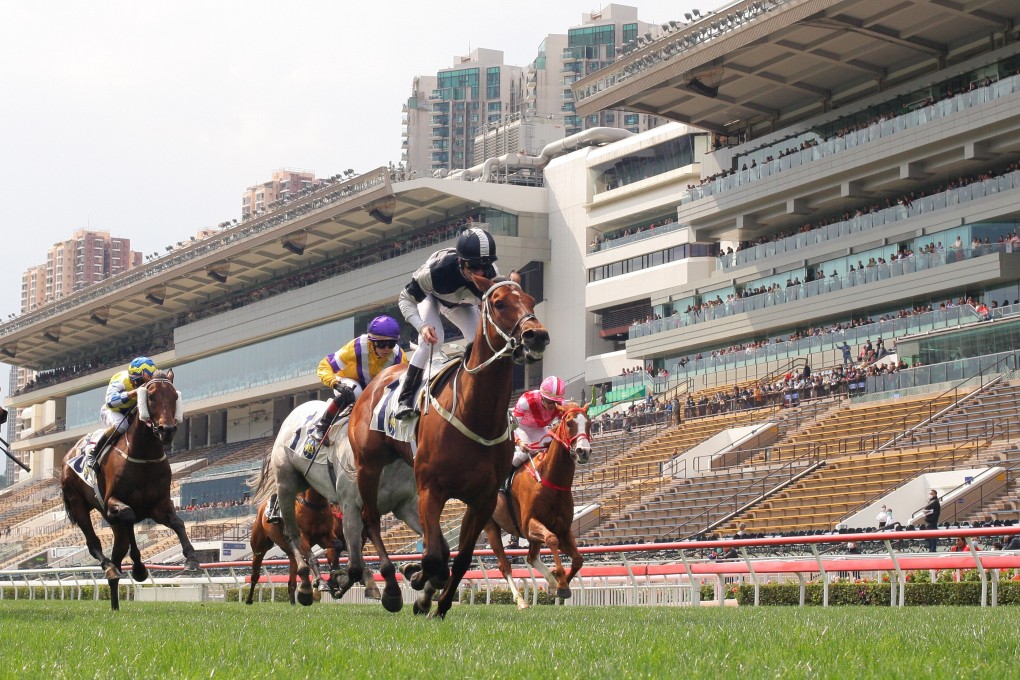Advertisement
Opinion | Why Hong Kong should not raise taxes on gambling and stock trading
- Any tax review must ensure the city stays competitive: raising these two taxes will only penalise excellence and drive punters underground, costing the government much-needed revenue
Reading Time:3 minutes
Why you can trust SCMP
3

Hong Kong politicians have been proposing ways to boost public coffers of late, as the government prepares to deliver its budget on February 24 in the face of a record deficit of more than HK$300 billion (US$38.5 billion). Predictably, calls for higher taxes have returned, in particular, for the stamp duty on stock trading and the betting duty.
Advertisement
However, the two ideas are stale and counterproductive, especially the move to increase the betting duty – and I say this as someone who does not favour gambling, and who would rather focus on the economic damage of such measures. The “double punch” would only penalise success, something that Hong Kong craves but fears is slipping away as the city grapples with the aftermath of the 2019-2020 political turmoil.
In the past year, there have been two stand-out performers as Hong Kong languished in the economic doldrums: the buoyant stock market and the continuation of horse racing, albeit largely behind closed doors.
Stocks in Hong Kong have breached the milestone of 30,000 points, with the benchmark Hang Seng Index rising above 31,000 points earlier this week to reach its highest since June 2018.
The breakthrough came after the Hong Kong stock exchange raised HK$398 billion in initial public offerings last year – the highest amount in a single year since 2010. The achievement made Hong Kong the second-most-popular listing venue in the world after Nasdaq.
Advertisement
Despite the global market volatility, Hong Kong has maintained and consolidated its status as a leading financial hub. Any increase in the stamp duty on share trading would only dent the city’s greatest strength as a conduit of global capital.

Advertisement
